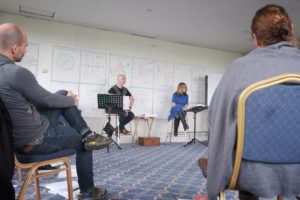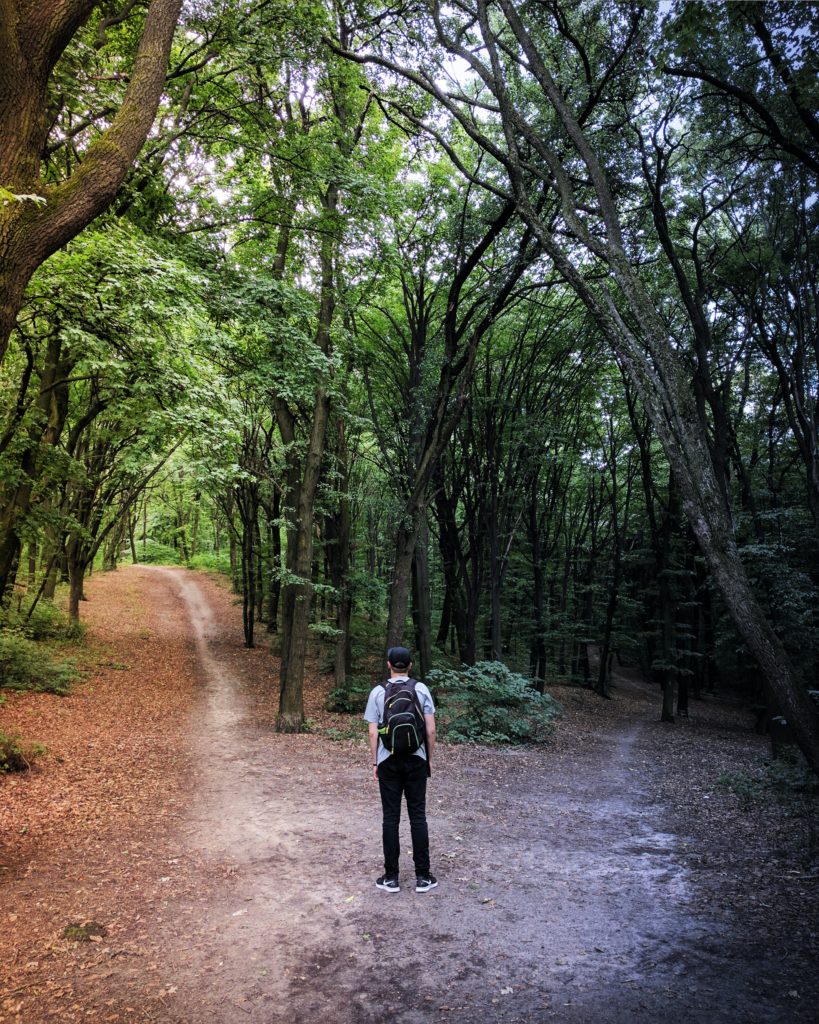“Not all those who wander are lost”
I came across the quote from JR Tolkien whilst searching online for some post-covid-19 holiday ideas. My search was random at best, so the irony of his words struck me. Then I paused and considered whether it was indeed ironic? I asked myself how ‘wandering’ appealed to me so much? The answer was swift, my search strategy had changed because I am planning on going somewhere completely new to me; I love the uncertainty of it, it has an energy that I thrive on. As the saying goes, I was getting ‘lost in the right direction’ and it felt good because my ‘why’ for the search was in the bag already; it was time to identify my ‘where’ and that felt equally good; hello to the mindset of curiosity.
Natalie Turner, author of ‘Yes, You Can Innovate’ and inventor of the Six ‘I’s® of Innovation, qualifies the mindset of curiosity as ‘a compelling desire to learn or experience something new’. In the world of innovation, being curious is all about identifying opportunities; about making sense of the trends and patterns of the world around us, of being open to new ideas, new possibilities and providing strategic focus.
Take a different street

When training NLP here at ‘Learning, Behaviour and Change’, we actively invite delegates to adopt ‘an attitude of wanton curiosity’. The majority have turned up because they’ve already had their curiosity piqued and want to know more. We encourage them to examine the ‘how’ rather than the ‘why’ of what has brought them to us. The difference between ‘how’ and ‘why’ questioning is subtle yet powerful. ‘Why’ requires a justification, whilst ‘how’ requires an exploration, just like life does; life is an experiential exploration with a fair share of ups and downs.
If you and I were to go on holiday together, and you were of the same mindset, we would find ourselves wandering down good-looking streets not knowing where they will lead; taking a tram because it arrived at the tram stop at the same time we did; both examples of ‘let’s see what happens’ and from the mindset of ‘we are not lost, this is exactly where we are supposed to be right now’. And then comes the delight as we pass something or somewhere that we already know, and we start to piece together the connectedness of it all. It is all about opening our minds to possibilities and embracing the unfamiliar knowing that culturally we will be richer for it afterwards. A friend might ask, ‘but what happens if you get lost?’ – well, that question is predicated on lost being a bad thing – and how else are we to explore?
Curiosity is all about exploring; and the good news is that we have all done it many times before, because each one of us was a child once. Their default setting is curious, it is how they discover stuff, it is how they make sense of the world. And so, our horizons broaden, we have awoken our interest and our motivation to learn abounds. We begin to discern between our likes and our less-likes and so is born doing the stuff that floats our boat.
Curiosity is good news for cats
Being curious comes naturally, we just don’t always choose that word to label it. Science might label it experimenting or research; social science might label it sociology or anthropology; dreamers might label it wonderment; and the neighbour we see twitching the curtain we might choose to label a nosey parker.
As humans, we are very ‘good’ at labelling; being curious allows us to examine those labels and in doing so challenge our judgements around them. On a personal level this can be hugely liberating inviting the individual to get out of the box they had so firmly placed themselves in earlier; and on a corporate level it can provide clarity on an opportunity as we ask ourselves ‘hmmm, OK, I can see why not, but what would happen if we did …? And so, curiosity leads us to pastures new, innovating how we work, both professionally and personally.
Curiosity is often cited as having killed the cat, yet cats can trace their ancestry back over 10 million years and still they thrive; curiosity wins.

